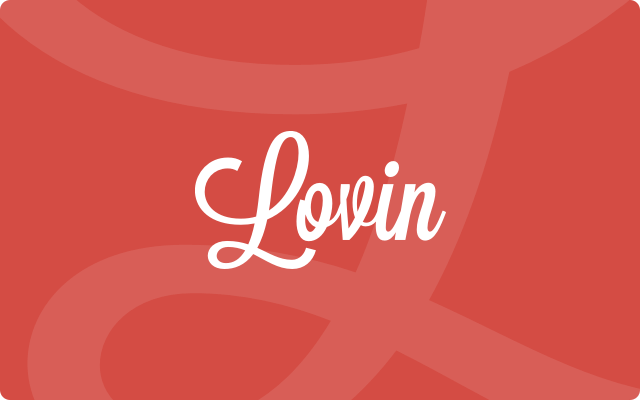Synthetic, Not Manmade: European Parliament Publishes New Guidelines On Gender-Neutral Language

Back in 2008, the European Parliament was the first international organisation to adopt multilingual guidelines on gender-free/neutral language. Now, in a very #10YearChallenge move, they’ve revised the guidelines and taken a look at how to approach gender in language in the year 2018/2019.
The guidelines have been put in to place by the High-Level Group on Gender Equality and Diversity, in an attempt to treat all genders equally
So that no gender is privileged, and prejudices against any gender are not perpetuated. Language powerfully reflects and influences attitudes, behaviour and perceptions, therefore gender-neutral and gender-inclusive language is more than a matter of political correctness. The purpose of gender-neutral language is to avoid word choices which may be interpreted as biased, discriminatory or demeaning by implying that one sex or social gender is the norm within a certain context.
Using gender-fair and inclusive language helps to reduce gender stereotyping, promotes social change and contributes to achieving gender equality.
“The aim of these guidelines is to ensure that, as far as possible, non-sexist and gender-inclusive language is used also in the Parliament’s documents and communications in all official languages.”
That means that these guidelines aren’t being put in place to change the way the general public speak, but rather to regulate the language used within parliamentary sectors.
The High-Level Group has differentiated between official languages within the EU
This is because different languages make different use of expressing grammatical gender, and particularly in the case of gendered nouns.
1. Natural gender languages (such as Danish, English and Swedish), where personal nouns are mostly gender-neutral and there are personal pronouns specific for each gender.
2. Grammatical gender languages (such as German, Romance languages and Slavic languages), where every noun has a grammatical gender and the gender of personal pronouns usually matches the reference noun.
3. Genderless languages (such as Estonian, Finnish and Hungarian), where there is no grammatical gender and no pronominal gender.

So, how does this affect Malta?
Malta falls under the second category; grammatical gender language. Every noun in our language is either considered male or female, which means it would be impossible to use an entirely gender-free code of speech.
The word ‘group’ in Maltese (‘group’) is a male word, and therefore will always be referred to in the masculine, even if it is not entirely made up of males (‘Il-grupp mar biex jitkellem man-nies’). It’s almost impossible to create widely accepted gender-neutral forms from existing words in those languages, alternative approaches have been recommended for administrative and political language.
The traditional grammatical convention in most grammatical gender languages is that for groups combining both sexes, the masculine gender is used as the ‘inclusive’ or ‘generic’ form, whereas the feminine is ‘exclusive’, i.e. referring to women only. This generic or neutralising use of the masculine gender has often been perceived as discriminating against women. Most grammatical gender languages have developed their own strategies to avoid such generic use.
For example, the plural is often opted for when referring to a person who’s gender is unknown. In Maltese, we could write ‘l-istudenti jridu jagħtu raġun’ as opposed to ‘l-istudent jrid jgħati raġun’ when handing out circulars at school. In the specific case of Parliament’s Rules of Procedure, as it is particularly difficult to ensure gender neutrality when referring to the President (where the use of plural is not an option), one possible solution might be to adapt the Rules as required when a new President is elected.
The guidelines also call for the avoidance of the generic use of the word ‘man’
The High-Level Group has offered a list of gender-neutral words that can be used to refer to professions and functions. The list, as well as all other guidelines, can be found here. They have also offered alternatives for words that incorporate the word ‘man’, as follows;
“Humanity (for mankind), staff (for manpower), a French person (for Frenchman)/the French or French people (for Frenchmen), synthetic or artificial (for man-made), advisory panel (for committee of wise men), political leaders (for statesmen).”
The latter point has often come under a lot of scrutiny, with many people claiming it has taken the gender-neutral conversation a step too far. Specifically because the word ‘humanity’ has the word ‘man’ in it which seems to have been a slight slip-up.
